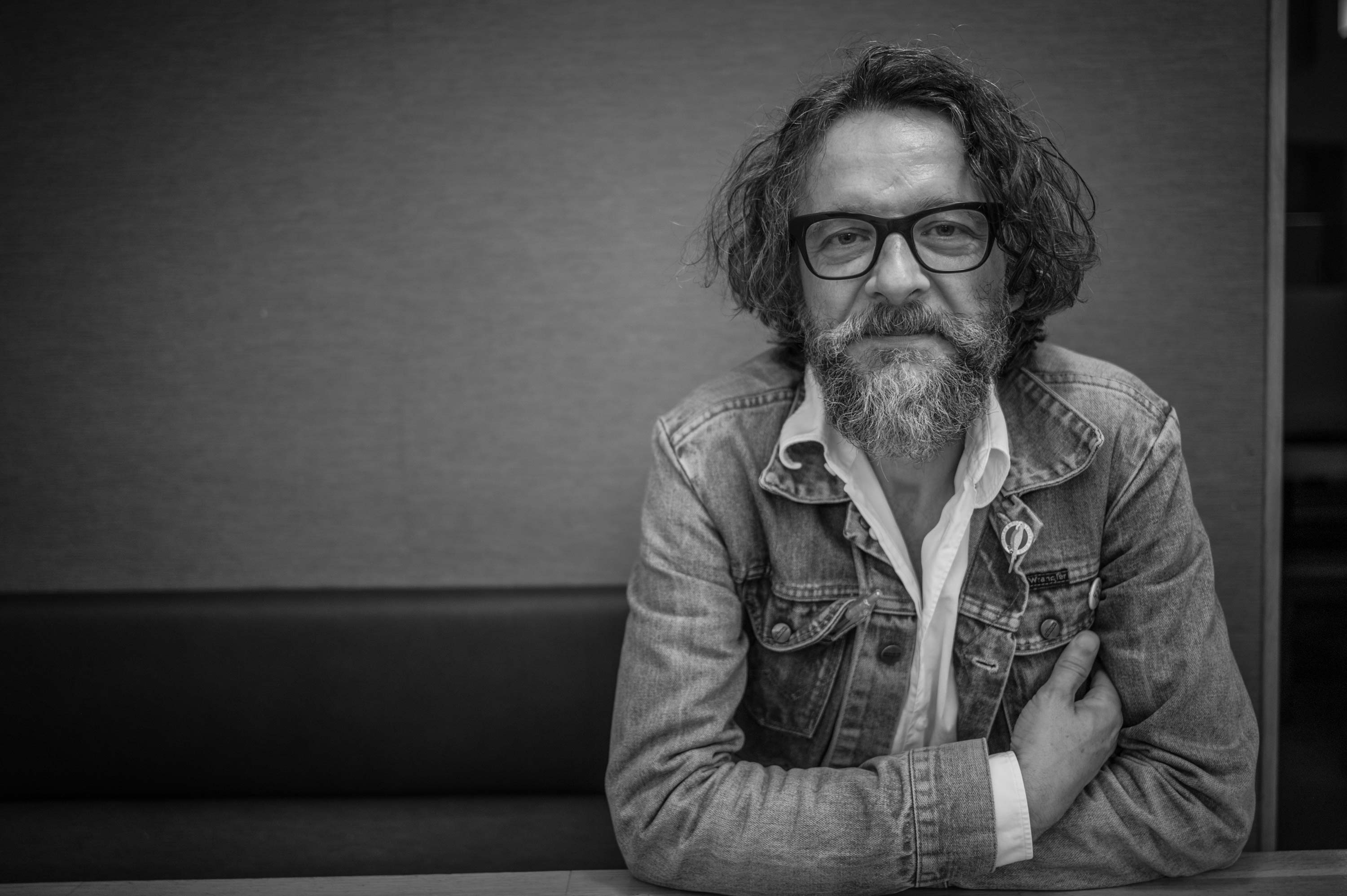

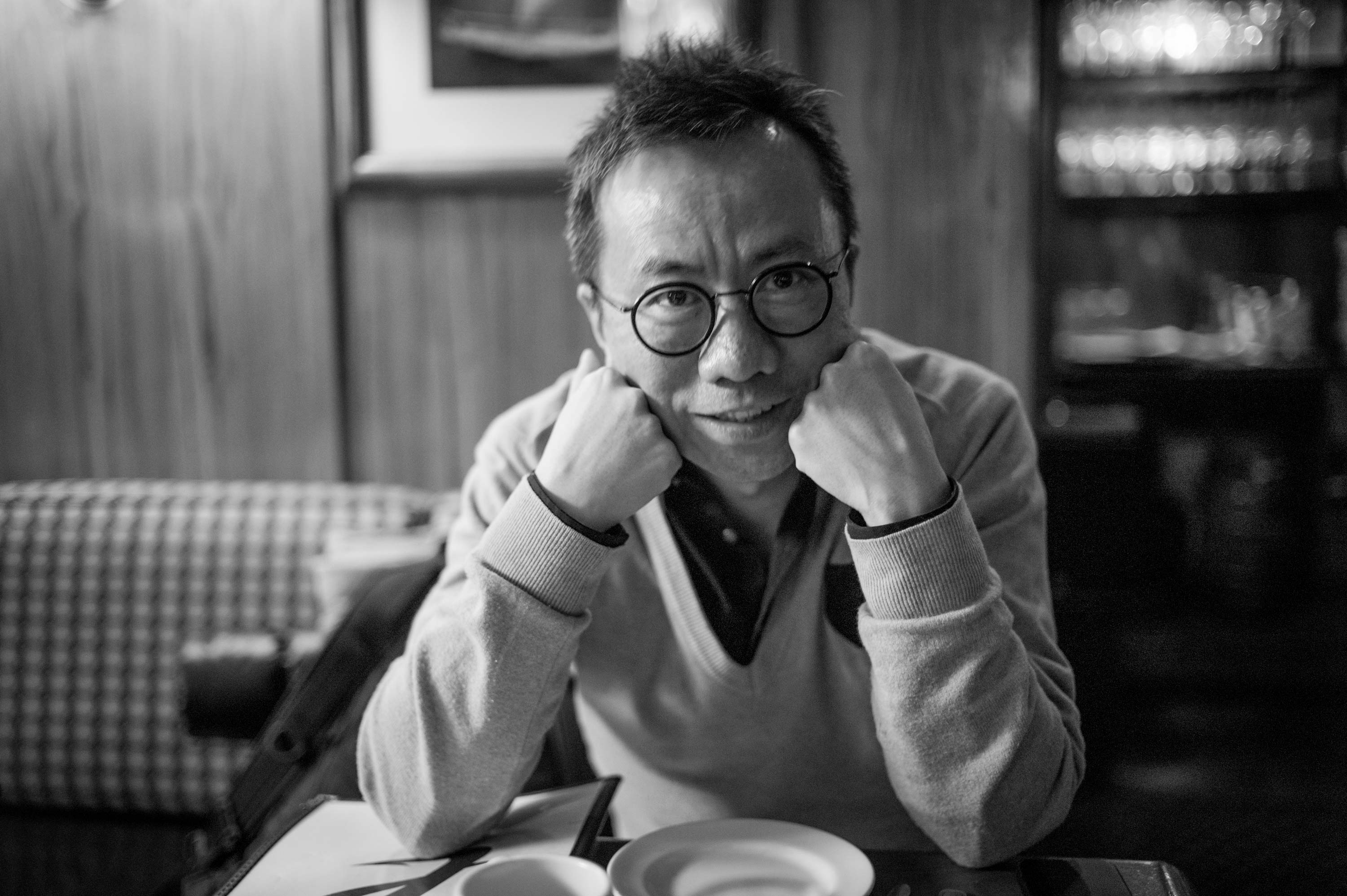
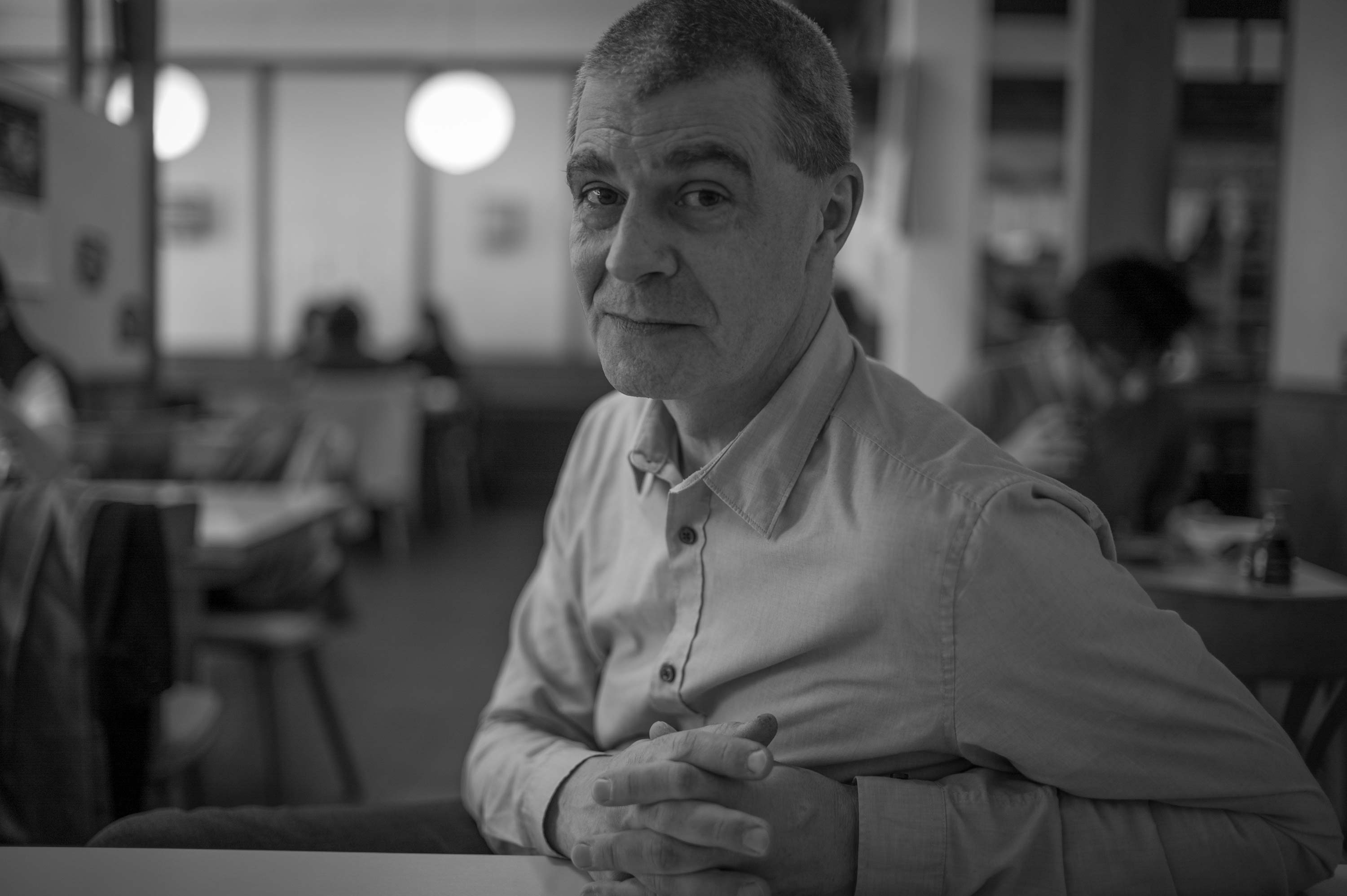
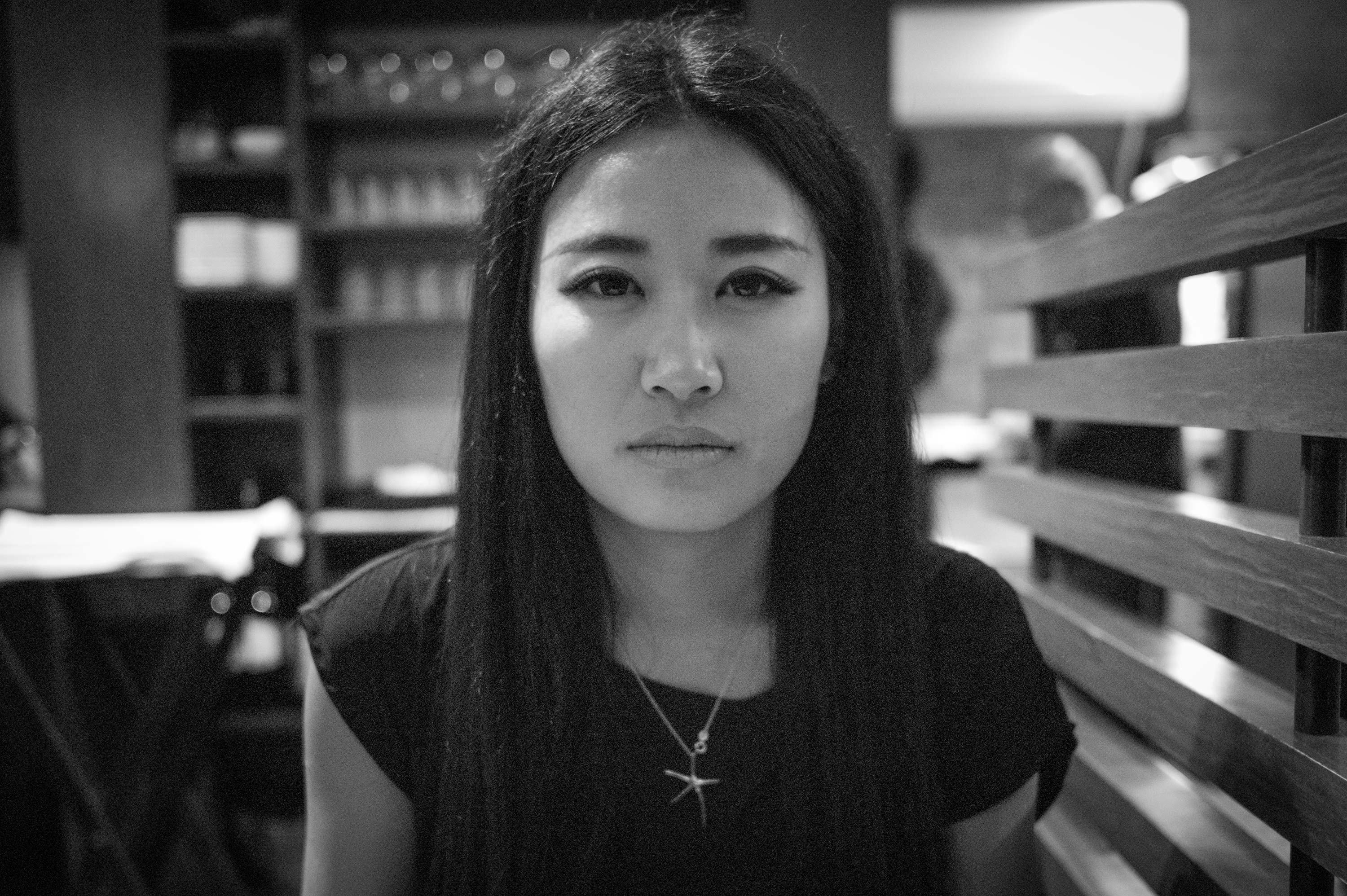
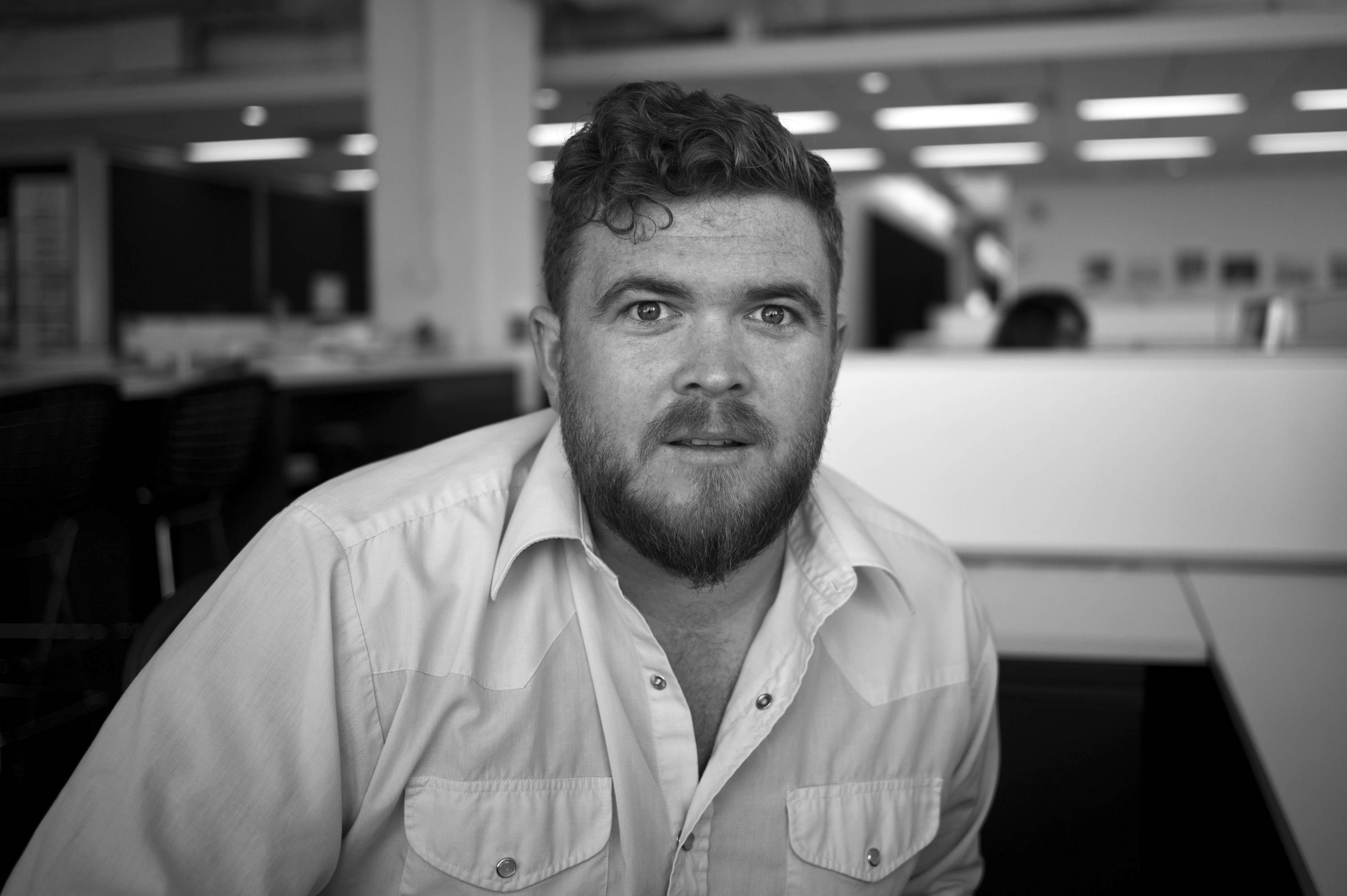
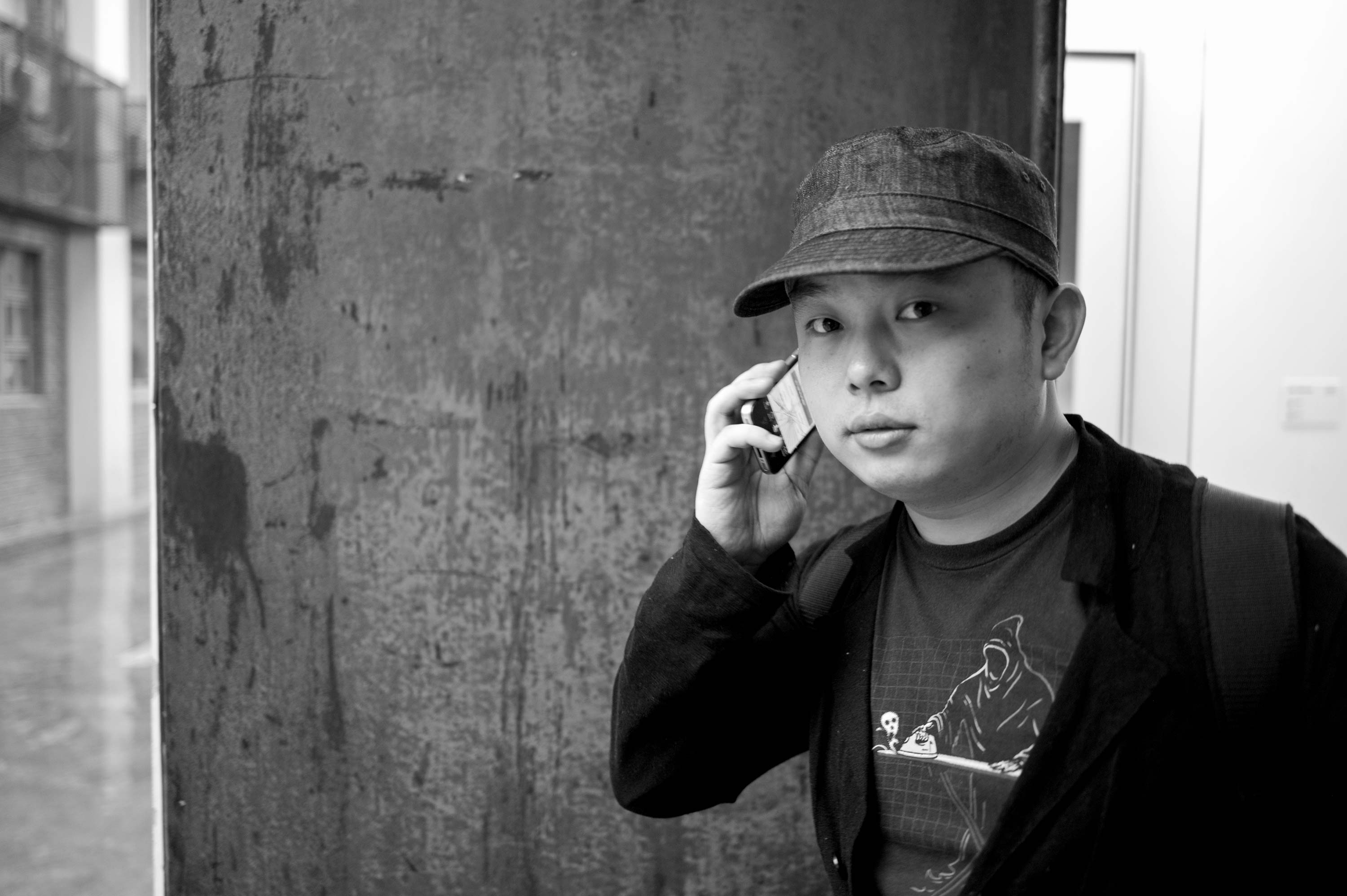

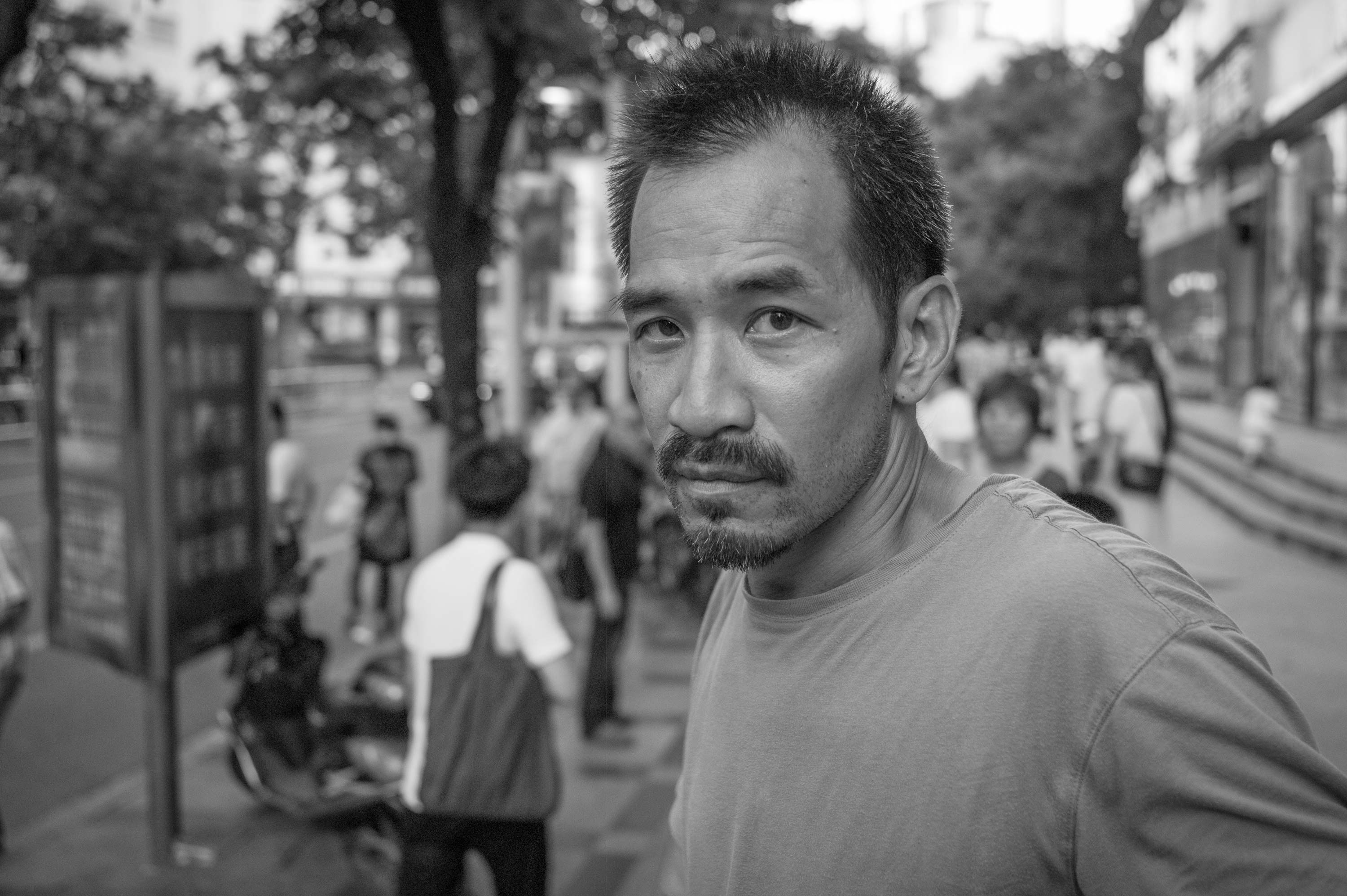
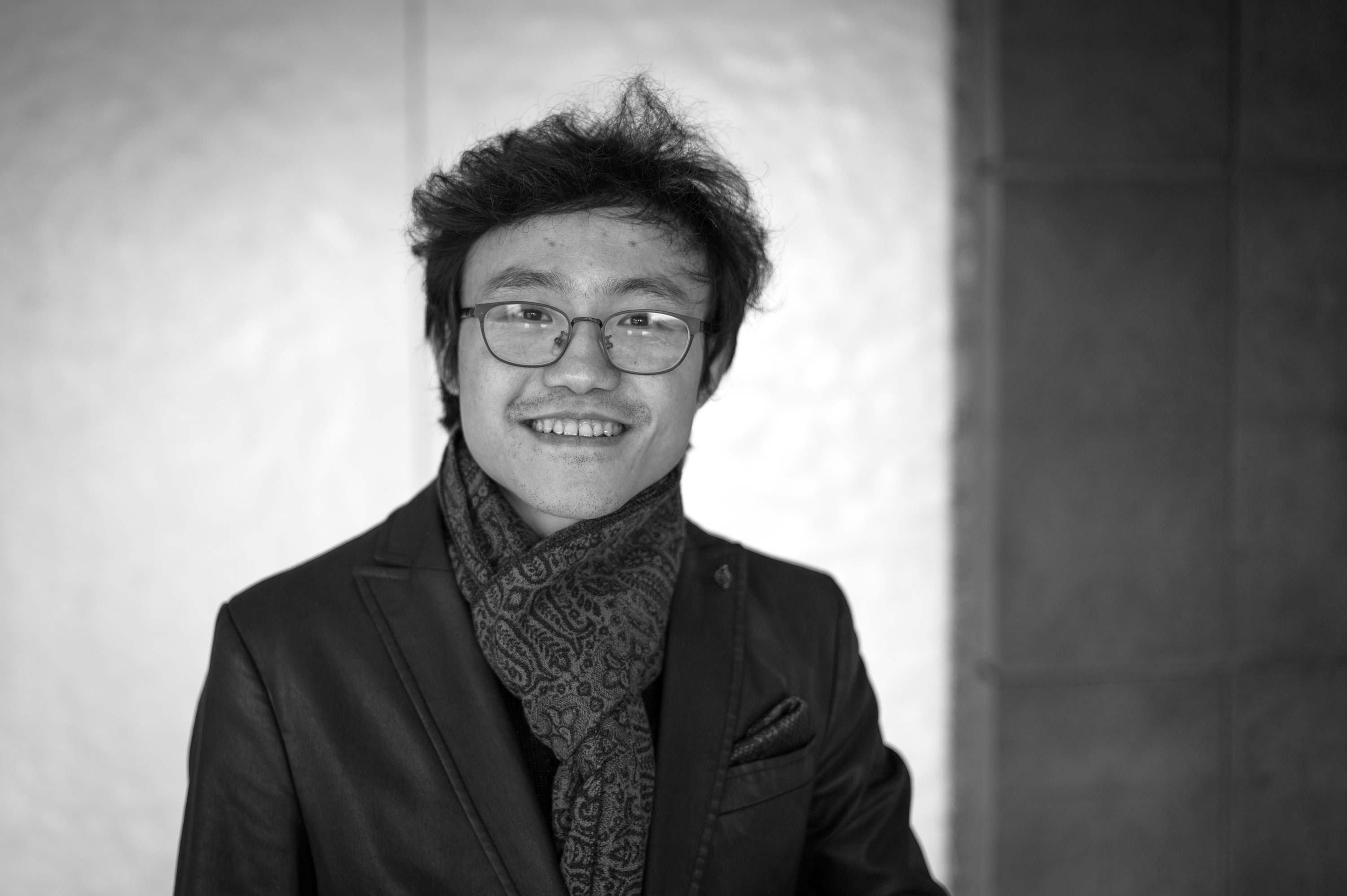
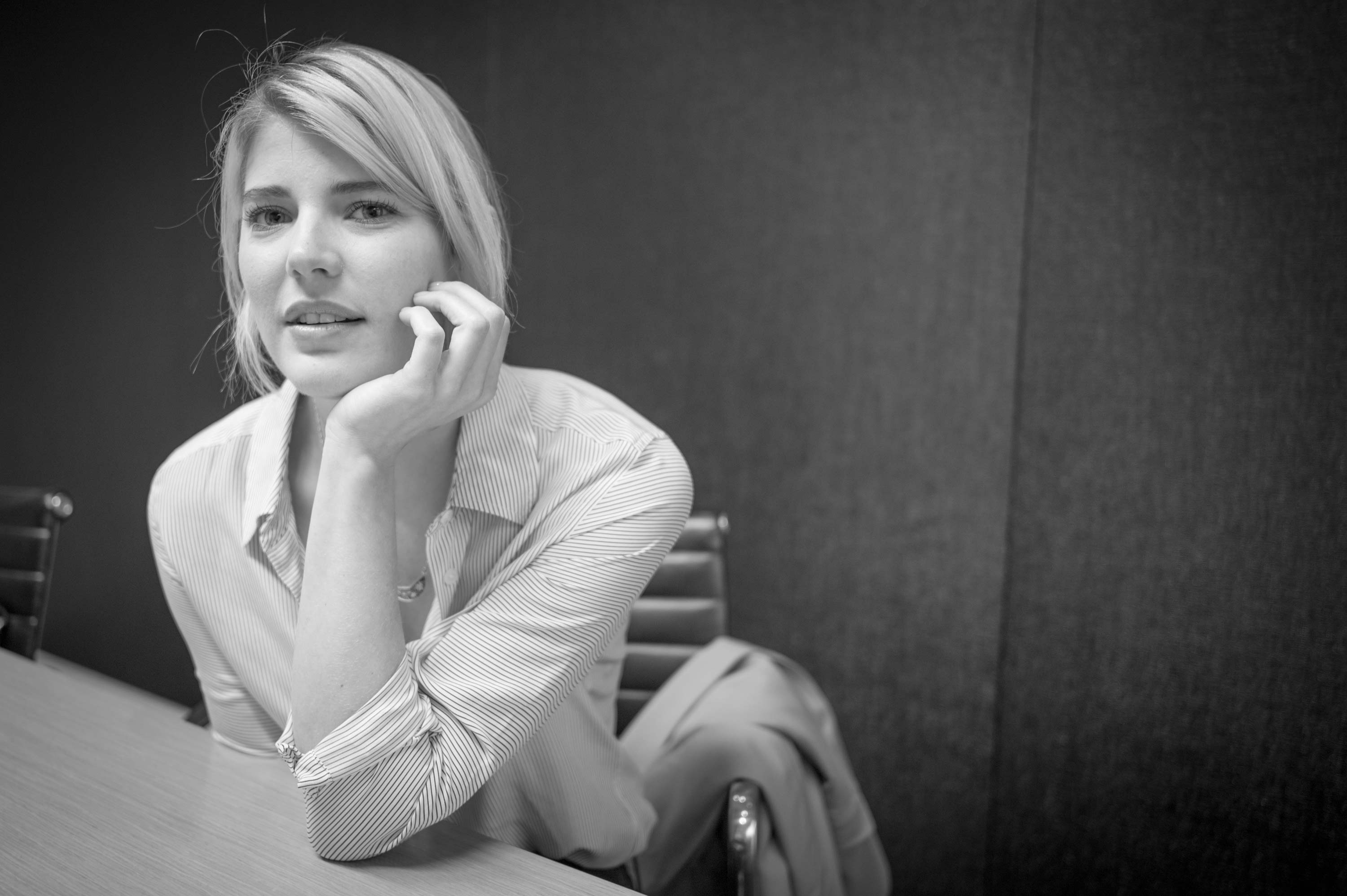
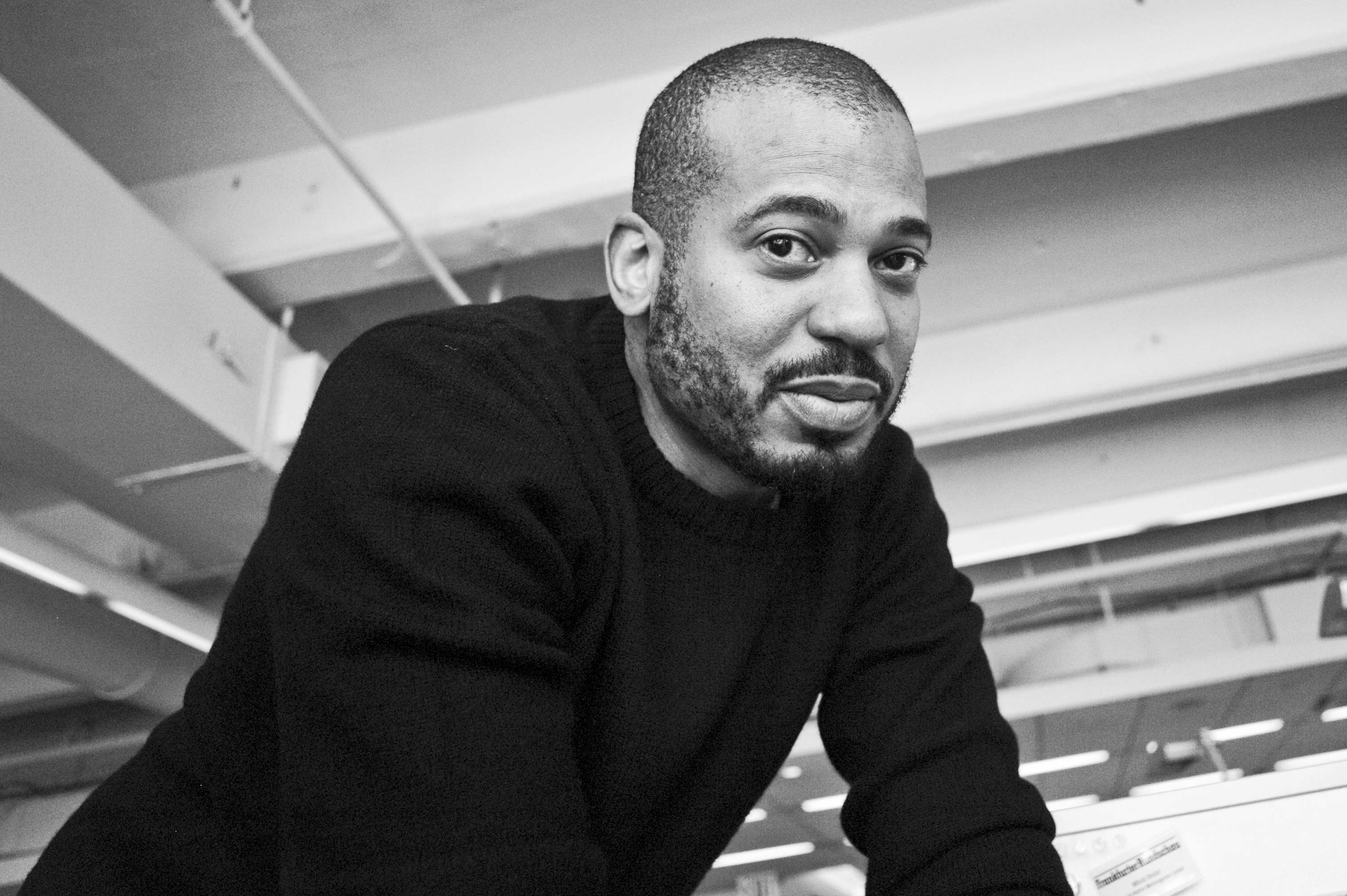
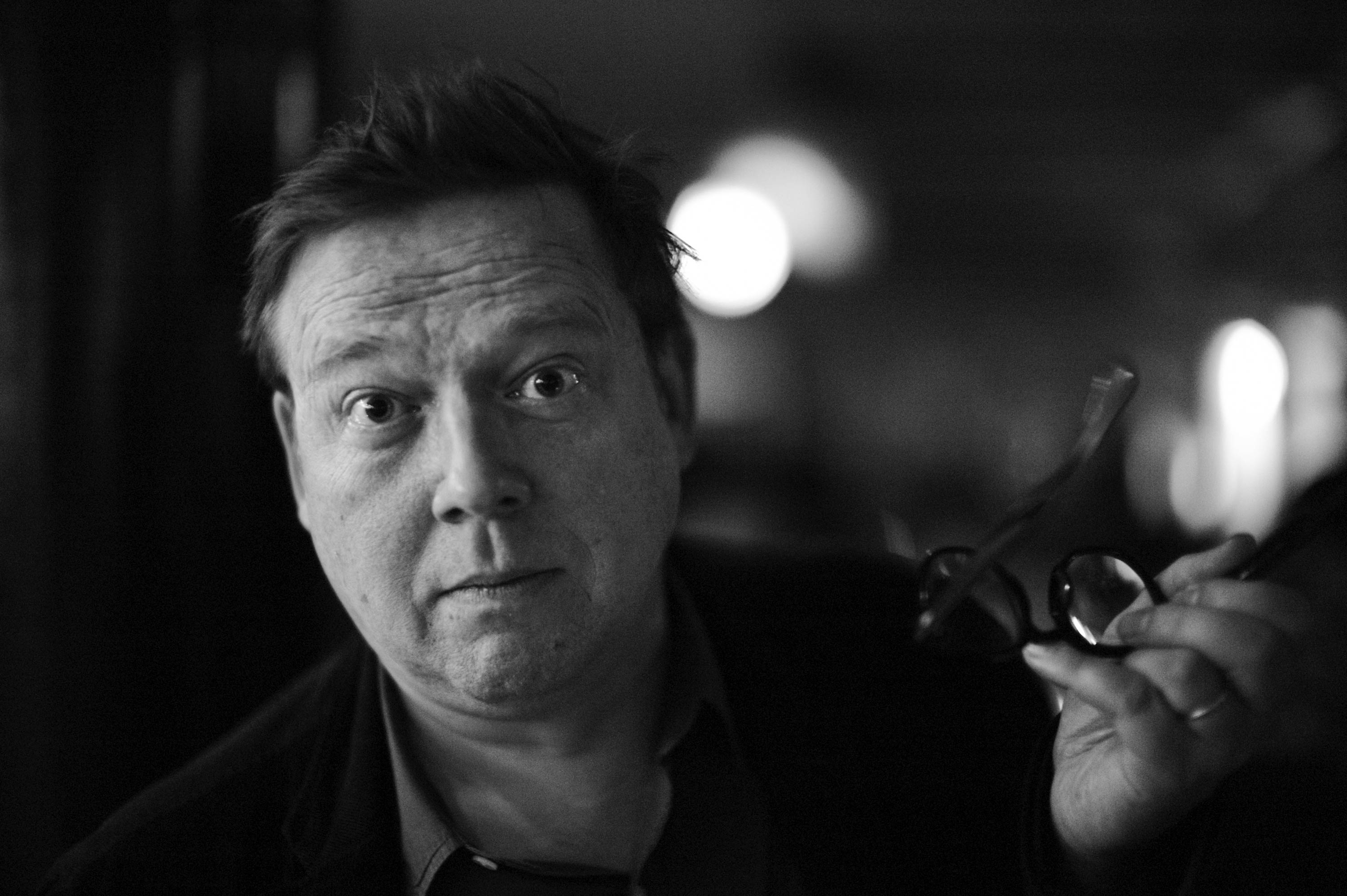
“Recognize that the other person is you,” (is the first Sutra of the Aquarian age.) And it might be a tough one to understand for someone who was taught by generatons that there is a clear differentiation between the self and the outside. There was that fear instilled clear line between the tribe one belonged to, and the others; the others who were different and who could take away one’s scarse food. One had to benefit from them, bear them, use them, abuse them, or destroy them.
The Thomas Shadwell quote “No man is happy, but by comparison,” seems to be the driver behind so much of ludicrous activity among so many. It is an activity that is not really sustainable but very damaging. Not just to the individual, but to the planet, and everything living on it. Now and for generations after us.
I remember running into a friend once while on a walk. It was by complete coincidence, I had not expected to see him on that day or in that place, and I remember what kind of happiness I felt when I even just recognized him from a distance. I saw a person, but I was also reminded of all the friendly interactions we have had together in the past, the good conversations, the good moments. I think we just said hello then. And maybe he was not that great of a friend. But I later realized that each and every person I ran into, anywhere, no matter where it was in the world, was also someone’s friend (duh), or colleague, someone’s child (obviously). And each and every one of us is part of such a complex system, a set of stories among stories among stories. And to each and every person I encounter, I could be a source of something that could potentially influence their path, and so why for the worse, if there is a choice?
And, we do have certain experiences that are almost identical, and others that are varieties of something that drives us through life. It feels like we are actually one large living organism, one that creates variations, to be ready for any potential challenge ahead, perhaps? One that has survived an almost impossible set of challenges. Having just one point of view, one leg to stand on, is deadly when living conditions might change, and they obviously do. But having billions of points of view, and billions of sets of stories and experiences, increases the chances for survival, especially for something so fragile as a human. But even if we are all one large living thing, we need to think that we are different from each other. Otherwise we would probably reduce the amount of variety. Being aware of differences gives us the opportunity to improve them.
Even in a small group, a certain set of skills emerges. The roles set themselves as if the group itself were one living organism. Being able to understand the advantage of inclusion and compassion over exclusion or exploitation is an idea one should at least attempt to tolerate. This might be more difficult in environments where generations have trained to be competitive, and where entire systems derive their energy from being parasitic and abusive to some individuals or groups.
But it might be possible to open oneself up to the idea that we are one living thing, one that chooses to recreate itself in an incredible number of variations. We are familiar. Familiar to the idea of being. Each one of us was born (weren’t you?), and each one of us will most certainly die (we certainly will.) We all are breathing, living. And to do that, we need to all be open systems that are part of a larger open system. As nothing can exist without something surrounding it or flowing through it. That is true to living things and objects and likely the entire universe.
New York, July 2014